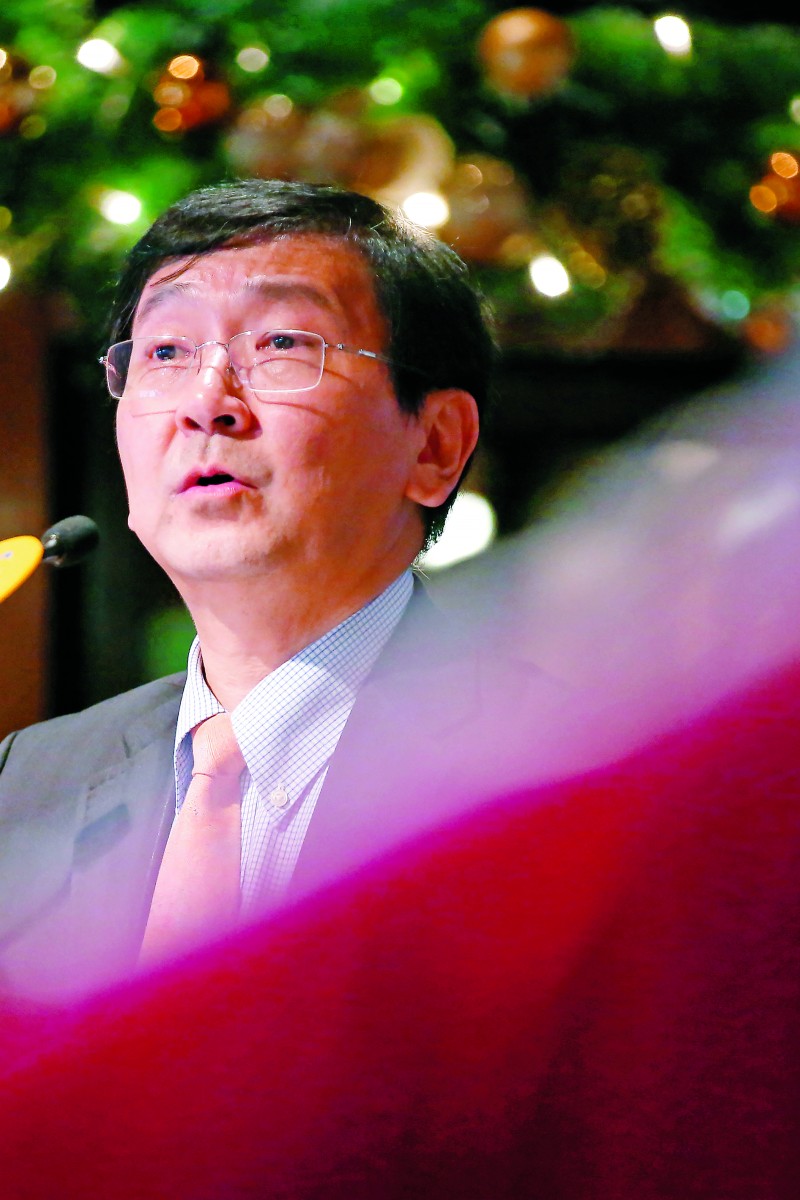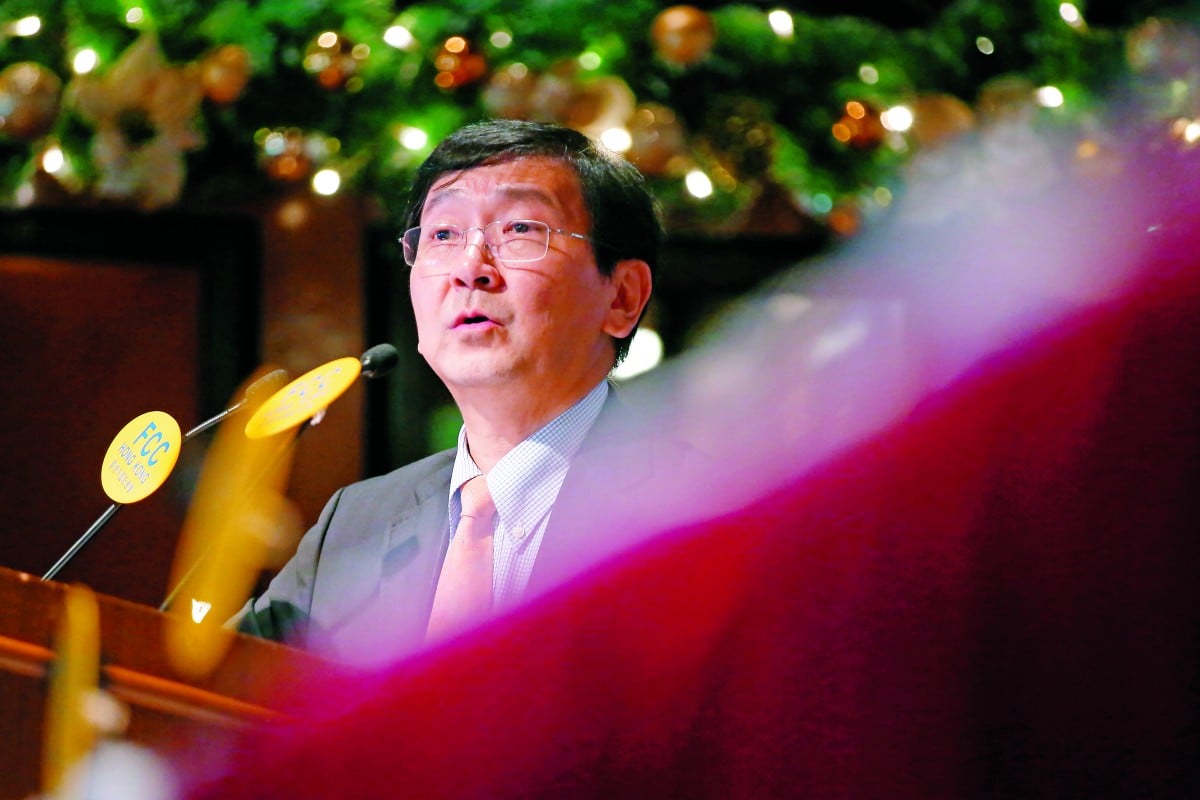
Arthur Li and the HKU council need better excuses for blocking Johannes Chan
 Johannes Chan has been the dean of the HKU law faculty for 12 years, and was named an honorary senior counsel by Hong Kong’s chief justice. But for some reason, HKU’s council says he’s “not qualified”.
Johannes Chan has been the dean of the HKU law faculty for 12 years, and was named an honorary senior counsel by Hong Kong’s chief justice. But for some reason, HKU’s council says he’s “not qualified”.Each year, Heep Yunn School holds an essay writing competition, which involves writing about newspaper articles. This is one of the top three of the senior section.
The controversy continues at the University of Hong Kong after the rejection of Johannes Chan Man-mun’s appointment as pro-vice-chancellor by the HKU council. Breaking the confidentiality rule, HKU student union president Billy Fung Jing-en released a statement to explain the decision.
An audio clip of the meeting was later leaked online, revealing Arthur Li Kwok-cheung’s comment that Chan is “ a nice guy but not qualified”, based on his lack of a doctorate degree. Hence, the decision is now widely suspected to be political, arousing public attention.
But a doctoral degree is not be a prerequisite for the appointment of pro-vice-chancellor. Chan is, in fact, qualified, so the HKU council’s justifications are flawed.
First, the job is managerial; by no means does it specifically require a doctorate degree. Pro-vice-chancellors are deputy heads of the university, comprising five positions – teaching and learning, research, global, institutional advancement, and staffing.
Chan was selected for “staffing”, a role which has been left vacant for some years. The duties involve managing academic staffing and resources, so the focus should be on one’s ability to organise, coordinate and communicate effectively, instead of blindly measuring one’s talent solely by his academic qualifications.
Chan’s qualifications are undoubtedly suitable for the job. He is a leading scholar, specialising in human rights law. He was appointed as the first and only honorary senior counsel in Hong Kong by the Chief Justice, praised of having “distinguished service to the Law of Hong Kong”.
Though he dropped out of his doctoral degree studies and returned to serve HKU, his achievements have been widely recognised. Moreover, having been the dean of the law faculty of HKU for 12 years, he is bound to be familiar with the operations of the school, experienced in handling management matters, and equipped with leadership and interpersonal skills. Therefore, the only possible “downside” is his pro-democratic political stance.
Still, Li claimed that Chan’s lack of doctoral degree reflected that he was too busy, or that he neglected the importance to try for one, so he would be devaluated by professor. However, in reality it is not uncommon for a law school dean in Hong Kong to not have a doctoral degree, according to Joseph Lian Yi-zheng, prominent former member of the Central Policy Unit.
The Ming Pao Daily agrees, saying that only four out of six current or former Hong Kong pro-vice-chancellors since 2013 hold doctorate degrees. With Chan’s renowned status and long term service in HKU, I doubt that would be looked down upon. If he is only an unqualified “nice guy”, why would so many professors and scholars come to his defence or join protests after the incident?
Mark Zuckerberg, Steve Jobs and Bill Gates were all “college dropouts”, but their lack of degree never hindered their success.
The “lack of doctorate degree” was obviously a ridiculous excuse. When we see Wen Wei Po publishing more than 300 articles attacking Chan for ties with Occupy co-founder Benny Tai Yiu-ting, lack of transparency of the council and the ambiguous remarks by its members, it is hard not to believe that the decision was all about political pressure.
To read the other op-eds by Heep Yunn School students:
